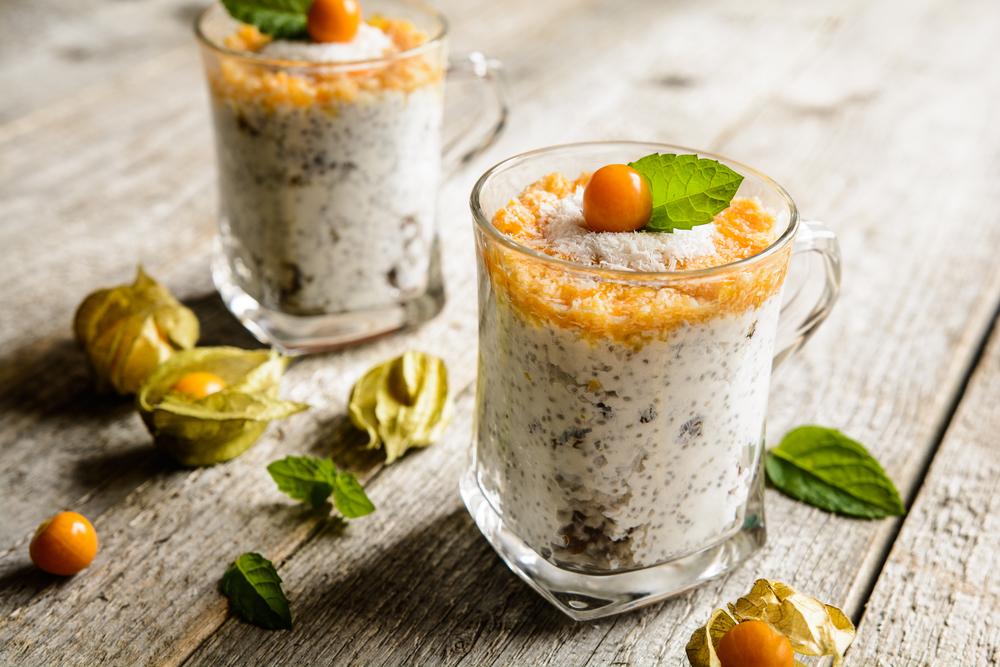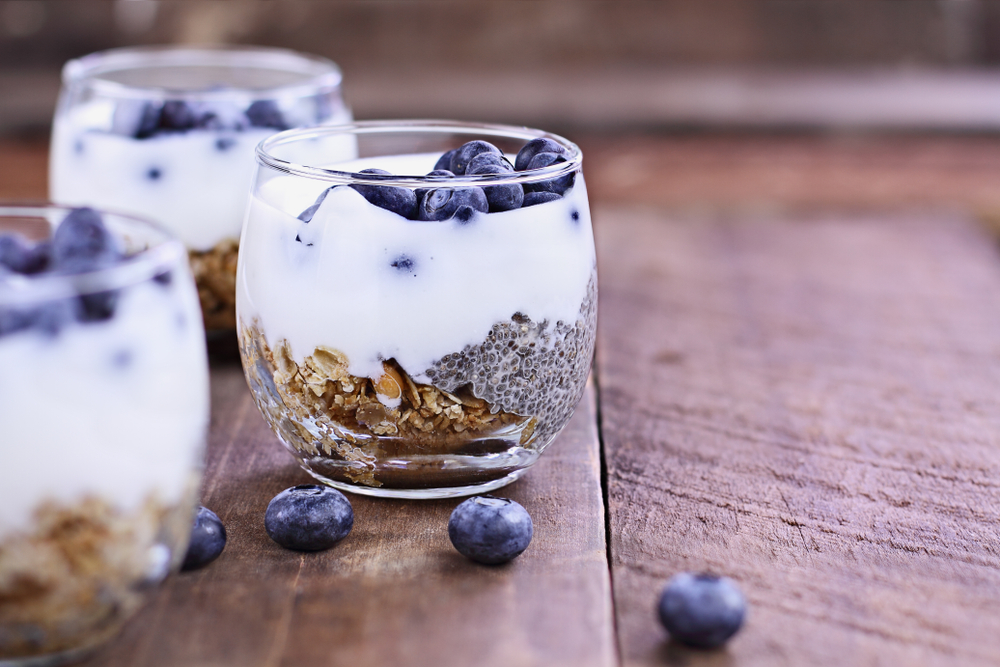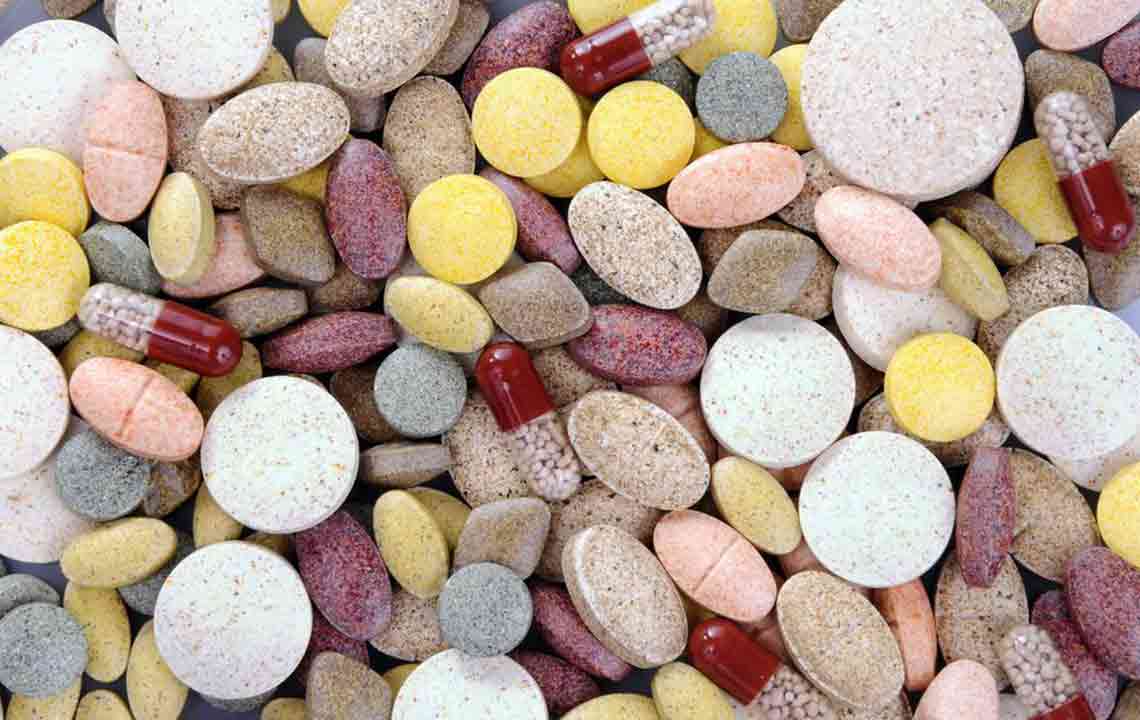Effective Probiotic Solutions for Different Types of IBS
Discover the most effective probiotics tailored for various IBS types, including constipation, diarrhea, bloating, and mixed symptoms. Learn which strains support gut health and alleviate discomfort, with guidance on personalized probiotic use for optimal results.
Sponsored

Effective Probiotic Strategies for Managing Different Forms of IBS
Probiotics are beneficial bacteria that, when consumed, support gut health. Our digestive system hosts a complex microbiome with over 1000 bacterial species, which can be categorized into various strains. Introducing specific probiotics helps restore microbial balance, especially when tailored to individual gut profiles. Epidemiological data indicates that around 15% of the population suffer from irritable bowel syndrome (IBS). Symptoms include irregular bowel movements, abdominal discomfort, bloating, diarrhea, and constipation. The most studied probiotics for IBS include Bifidobacteria and Lactobacilli, which are often deficient in affected individuals.
Top probiotics for IBS-related constipation
For constipation, Bifidobacterium lactis BB-12 is a well-supported probiotic strain. Extensive research highlights its effectiveness in promoting regular bowel movements and improving gut health. This strain also enhances fiber intake through fructooligosaccharides, making it a popular choice for alleviating constipation.
Best probiotics for diarrhea in IBS patients
Individuals experiencing frequent diarrhea can benefit from Saccharomyces boulardii. This unique probiotic yeast is backed by over five decades of scientific studies and is widely used in clinical settings. When combined with regular probiotics containing beneficial bacteria, S. boulardii offers superior support by preventing pathogen overgrowth and improving gut resilience.
Probiotics for bloating relief in IBS
Bloating often accompanies IBS and can be aggravated by certain foods and stress. Lactobacillus acidophilus Rosell-52 and Lactococcus lactis Rosell-1058 help mitigate bloating by producing enzymes like α-glucosidase and ß-galactosidase, which aid in digesting starches and lactose. These probiotics also help counteract stress-related gut issues, providing significant relief for sufferers.
Managing alternating symptoms with targeted probiotics
IBS-M involves fluctuating between diarrhea and constipation. In this case, probiotics such as Bifidobacterium lactis Bi-07 and Lactobacillus acidophilus NCFM are recommended. They reduce abdominal cramps, bloating, and distension, offering a balanced approach to managing mixed IBS symptoms.
Since individual gut microbiomes differ, personalized probiotic therapy often involves trial and error. Combining various strains based on specific needs helps find the most effective solution for each person’s unique condition.






